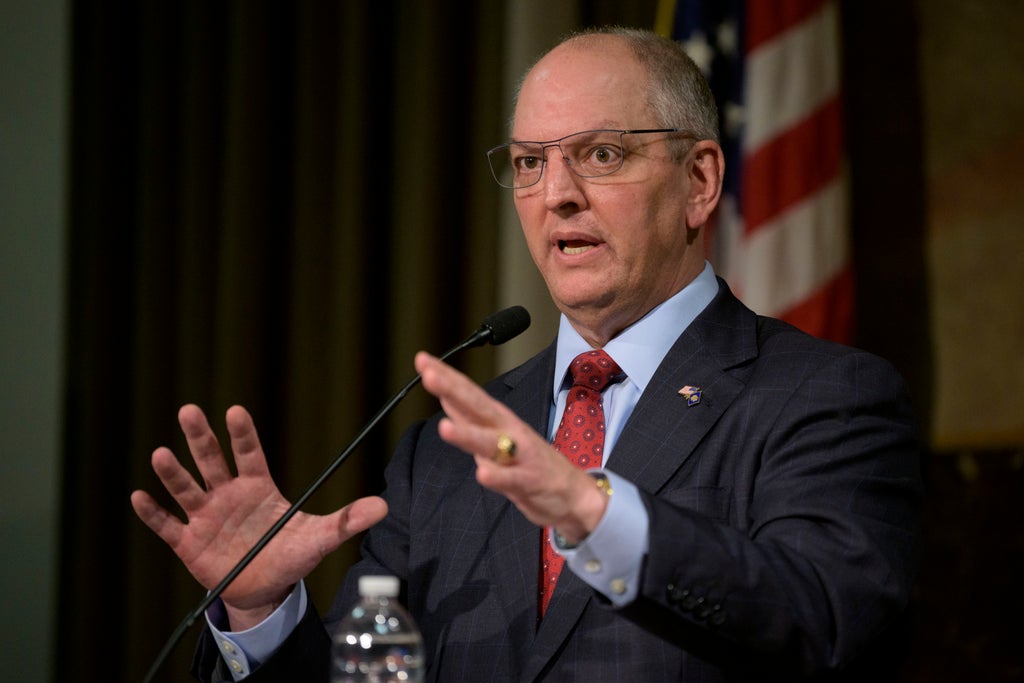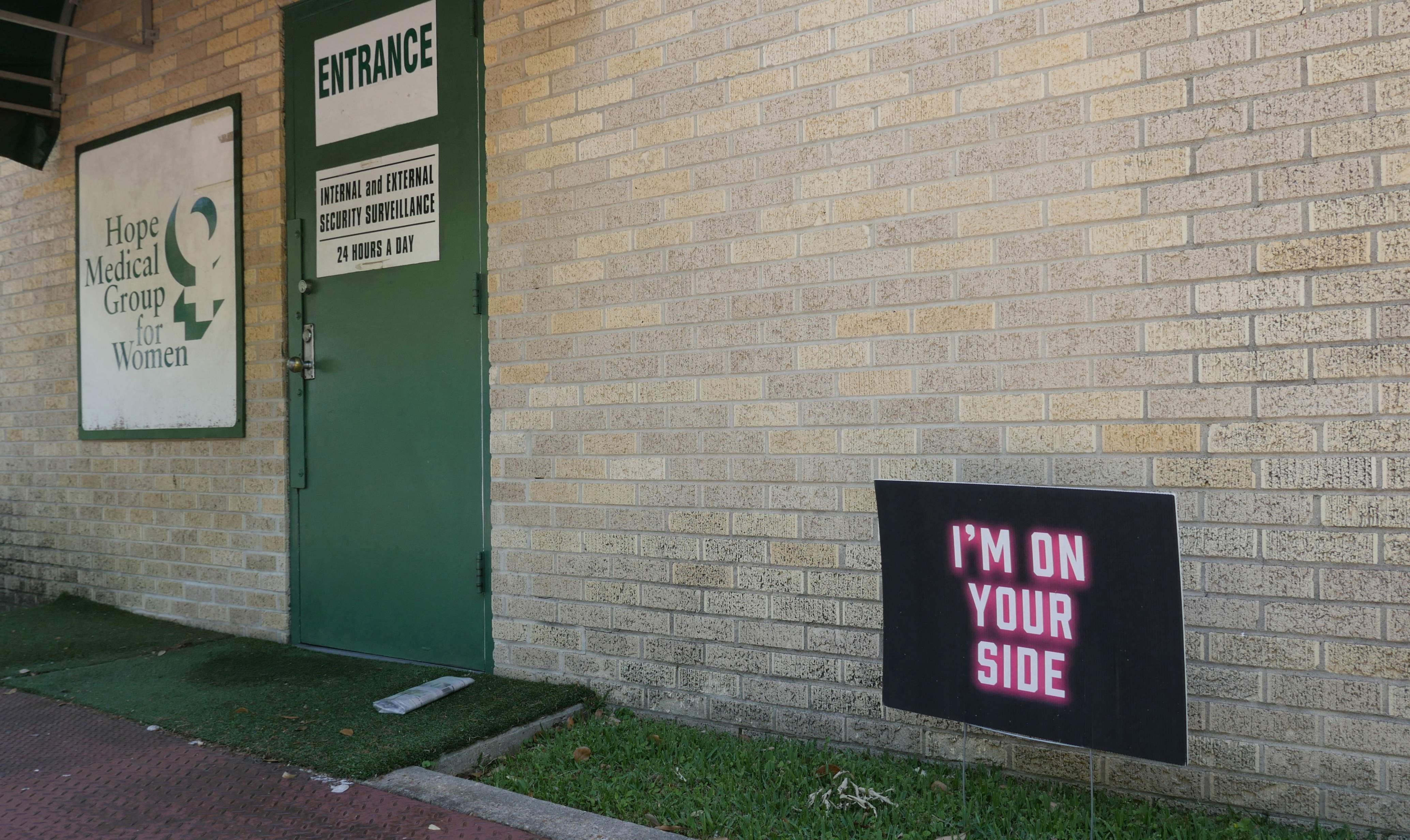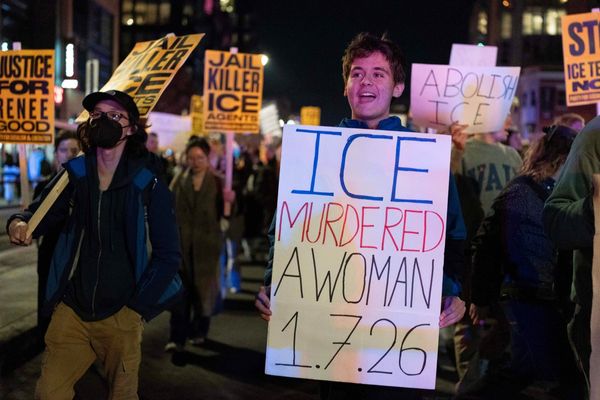
Louisiana’s anti-abortion Democratic Governor John Bel Edwards has announced his opposition to state legislation that would classify abortion as homicide and criminalise in vitro fertilization, miscarriages and some forms of contraception.
The governor – who has signed several anti-abortion bills into law while in office, including a ban on abortion at six weeks of pregnancy – called the proposal from a Republican state legislator “problematic” and “patently unconstitutional.”
On May 11, one day before the state’s House of Representatives will debate the bill, Governor Edwards told the Baton Rouge Rotary Club that state Rep Danny McCormick’s proposal goes in the “wrong direction” and that contraception should not be outlawed, according to a spokesperson.
The bill has faced widespread criticism, including from other Republican legislators and anti-abortion groups. Louisiana Right to Life, a statewide anti-abortion group, said its “longstanding policy is that abortion-vulnerable women should not be treated as criminals.”
“Instead, we should hold accountable the individuals performing the abortion or selling or providing the chemical abortion drugs,” the group said in a statement.
Earlier on Wednesday, Louisiana House Republicans indicated that they intend to remove language in the bill that would allow prosecutors to charge abortion patients as well as language that criminalises certain forms of birth control and fertility treatments, according to Louisiana Illuminator.
A separate measure, Senate Bill 342, supported by anti-abortion Democratic state Senator Katrina Jackson and likely to replace language in the other bill, would target abortion providers with up to 10 years in prison and $100,000 in fines.
House Bill 813’s language seeks to redefine a “person” under criminal code to begin the moment an embryo is fertilized and “ensure the right to life and equal protection of the laws to all unborn children from the moment of fertilization by protecting them by the same laws protecting other human beings.”
Opponents warn that the language effectively criminalises IVF patients, people who experience miscarriages, and people using birth control or Plan B and other forms of emergency contraception.
Fertility doctors also threatend to leave the state if the bill passes as written; Roughly 2,000 IVF procedures are performed in Louisiana each year.
The bill’s passage through a Louisiana legislative committee last week came within 48 hours after a leaked draft opinion from the US Supreme Court signalled that the conservative majority will overturn constitutional protections for abortion access affirmed by the landmark 1973 ruling in Roe v Wade and an affirming ruling in 1992’s Planned Parenthood v Casey.
The decision, which has been anticipated by abortion providers and advocates, would eliminate critical federal protections and create a patchwork of care – leaving abortion laws up to each state – and forcing people to carry their pregnancies to term or travel hundreds of miles to access “legal” care.
Justices heard arguments in the case in December. In the following months, state legislators emboldened by the forthcoming decision filed a a wave of anti-abortion bills, including eliminating abortion access in most cases and criminalising abortion care by making it a felony for providers to see abortion patients.

Louisiana is among at least 16 states with so-called “trigger” laws in place that would make abortion care illegal and force the closures of the state’s three remaining clinics if Roe v Wade is overturned.
The state’s current restrictions on abortion care include a mandatory ultrasound and state-directed counseling before a procedure, as well as a 24-hour waiting period before a procedure can be performed, which means patients must make at least two visits.
Patients also are facing two to four week wait times for a first appointment, as patients from Texas seek care in neighbouring states following restrictive laws in that state.
Abortions also are not covered for patients with health insurance plans through the state’s Affordable Care Act exchange, and patients cannot obtain prescriptions for medication abortion – a two-pill regimen that is the most common form of abortion – through telemedicine appointments. Proposed legislation would also ban abortion medication to be shipped into the state.
If Roe is overturned, patients in Louisiana would have to travel farther than patients in any other state to obtain care in states that have protections for abortion access.
Last week, the governor’s office declined to issue a statement about the latest bill; a spokesperson told The Independent that “he’s not going to issue a statement about a draft decision that has not been formally issued” and that he “typically doesn’t comment about bills that haven’t reached his desk yet.”







